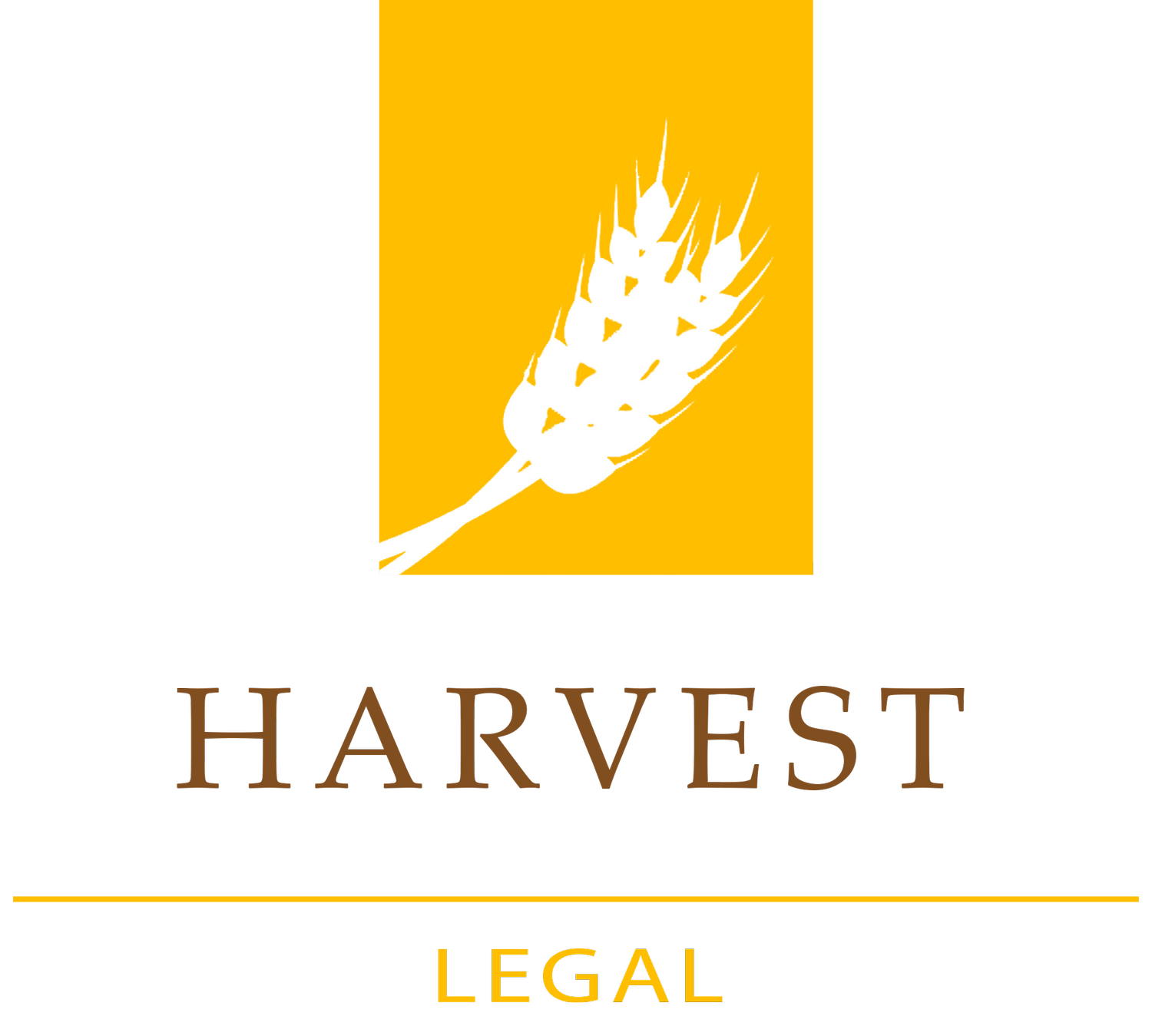Only for the Rich or Retired? Estate Planning Basics for Kansans
Estate planning might seem like something only the wealthy or elderly need to worry about, but that's a misconception. Estate planning is for everyone in Emporia, Marion, Abilene and the surrounding area, regardless of age or net worth. It's about ensuring your wishes are respected, your loved ones are protected, and your assets are distributed according to your desires.
If you're a Kansas resident, understanding the basics of estate planning is crucial. Here's a breakdown to get you started:
1. Wills: The Foundation of Your Estate Plan
A will is a legal document that outlines how you want your assets distributed after your death. Without a will, Kansas law dictates how your property is divided, which might not reflect your wishes. This is known as dying "intestate," and it can lead to unintended consequences and family disputes.
In your will, you can:
· name beneficiaries to receive specific assets.
· designate a guardian for minor children.
· specify how debts and taxes should be paid.
· donate to charities.
2. Trusts: Providing Flexibility and Control
A trust is a legal arrangement where a trustee holds and manages assets for the benefit of beneficiaries. Trusts offer several advantages:
· Avoid Probate: Probate is the court-supervised process of distributing assets after death. Trusts can help avoid probate, which can be time-consuming and expensive.
· Minimize Estate Taxes: Certain trusts can help reduce or eliminate estate taxes.
· Protect Assets: Trusts can safeguard assets from creditors or beneficiaries who might mismanage them.
· Provide for Special Needs: Trusts can ensure that loved ones with special needs receive ongoing support without jeopardizing their eligibility for government benefits.
3. Powers of Attorney: Making Decisions on Your Behalf
A power of attorney is a legal document that gives someone else the authority to act on your behalf. There are two main types of powers of attorney:
· Durable Power of Attorney for Finances: This allows you to appoint someone (called your "agent" or "attorney-in-fact") to manage your financial affairs if you become incapacitated. This can include paying bills, managing investments, and selling property.
· Durable Power of Attorney for Healthcare: This allows you to appoint someone to make healthcare decisions for you if you are unable to do so yourself.
Having powers of attorney in place can provide peace of mind, knowing that someone you trust can manage your affairs if you are unable to.
4. Health Care Directives or Living Wills: Expressing Your Medical Wishes
A health care directive, also known as a living will, outlines your preferences for medical treatment if you become unable to communicate them. This allows you to make decisions about life-sustaining treatment and appoint someone to make healthcare decisions on your behalf.
5. Beneficiary Designations: Keeping Things Up-to-Date
Review your beneficiary designations on retirement accounts, life insurance policies, and other financial accounts regularly. These designations override your will, so it's important to keep them current.
Why Estate Planning Matters in Kansas
Kansas has specific laws governing estate planning, including intestacy laws and probate procedures. Understanding these laws is essential to ensure your estate plan is valid and effective.
Here are some key reasons why estate planning is crucial for Kansans:
· Protecting Your Loved Ones: Estate planning ensures your family is taken care of financially and emotionally after your death.
· Avoiding Family Disputes: A clear estate plan can help prevent disagreements and legal battles among family members.
· Minimizing Taxes: Proper planning can help reduce estate taxes and preserve your assets for your beneficiaries.
· Supporting Your Favorite Causes: You can designate charities to receive a portion of your estate.
· Planning for Incapacity: Estate planning isn't just about death; it's also about preparing for the possibility of becoming incapacitated.
Don't Procrastinate: Get Started Today
Estate planning is a proactive process, not a reactive one. Don't wait until it's too late. Contact Harvest Legal today to schedule a consultation with an experienced estate planning attorney. We can help you create a comprehensive plan that meets your unique needs and goals, ensuring your legacy is protected for generations to come.

